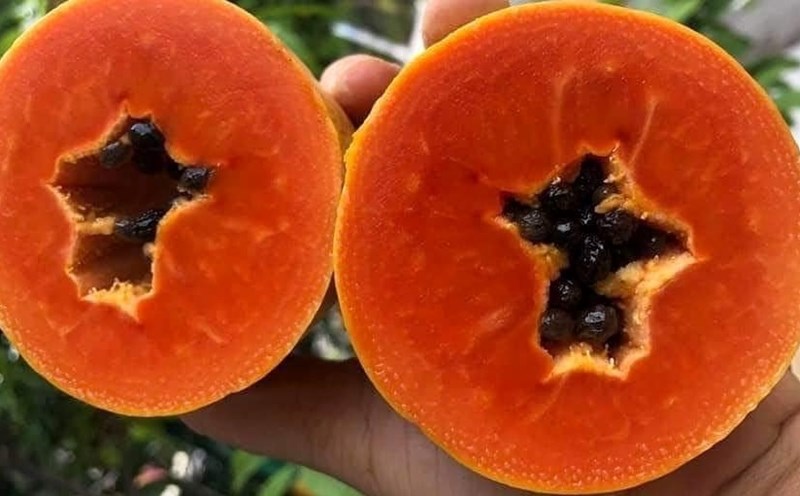According to the American Dialysis Association, among the common causes, calcium oxalate stones account for 7080% of all cases. Therefore, diet plays an important role in preventing and controlling kidney stones, especially limiting foods rich in oxalates such as spinach.
Spinach is a vegetable with a very high oxalate content. 100g of spinach contains about 970mg of oxalate, which is the food group with the highest oxalate content. When oxalate enters the body, it can combine with calcium in the urine, forming calcium oxalate crystals - the main component of kidney stones. For people with a history of kidney stones or are being treated for the disease, eating spinach can increase the risk of recurrent stones.
According to research, people who consume foods rich in oxalates such as spinach have significantly higher urine oxalate levels than the control group. In addition, even when combining spinach with foods rich in calcium (such as yogurt), the absorption of oxalate is still high, especially in people at risk of kidney stones.
Although spinach is rich in vitamin K, folate and antioxidants, people with kidney stones, especially calcium oxalate stones, should limit or avoid this vegetable.
Controlling your oxalate intake is a key factor in reducing your risk of stone formation and improving urinary tract health.











